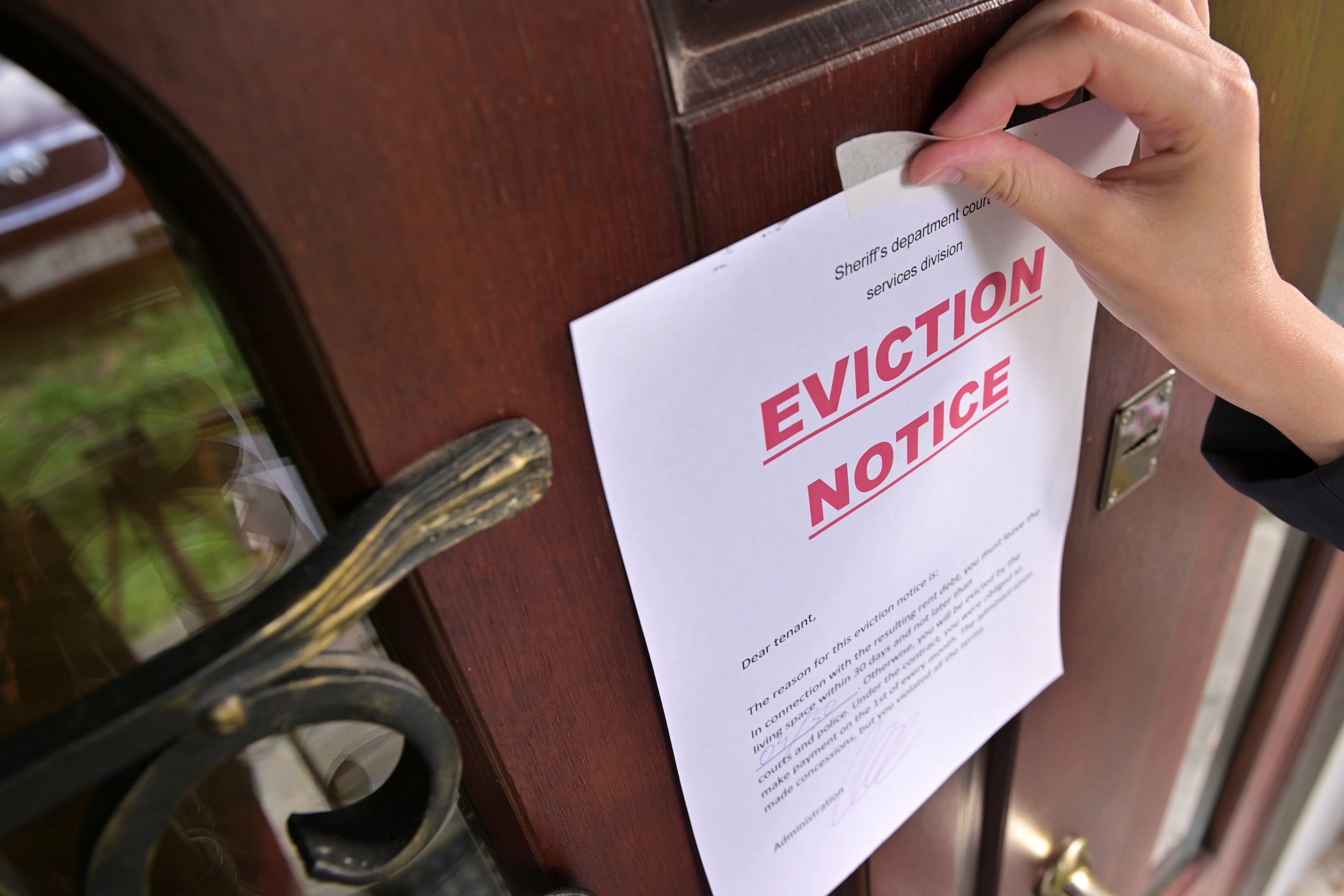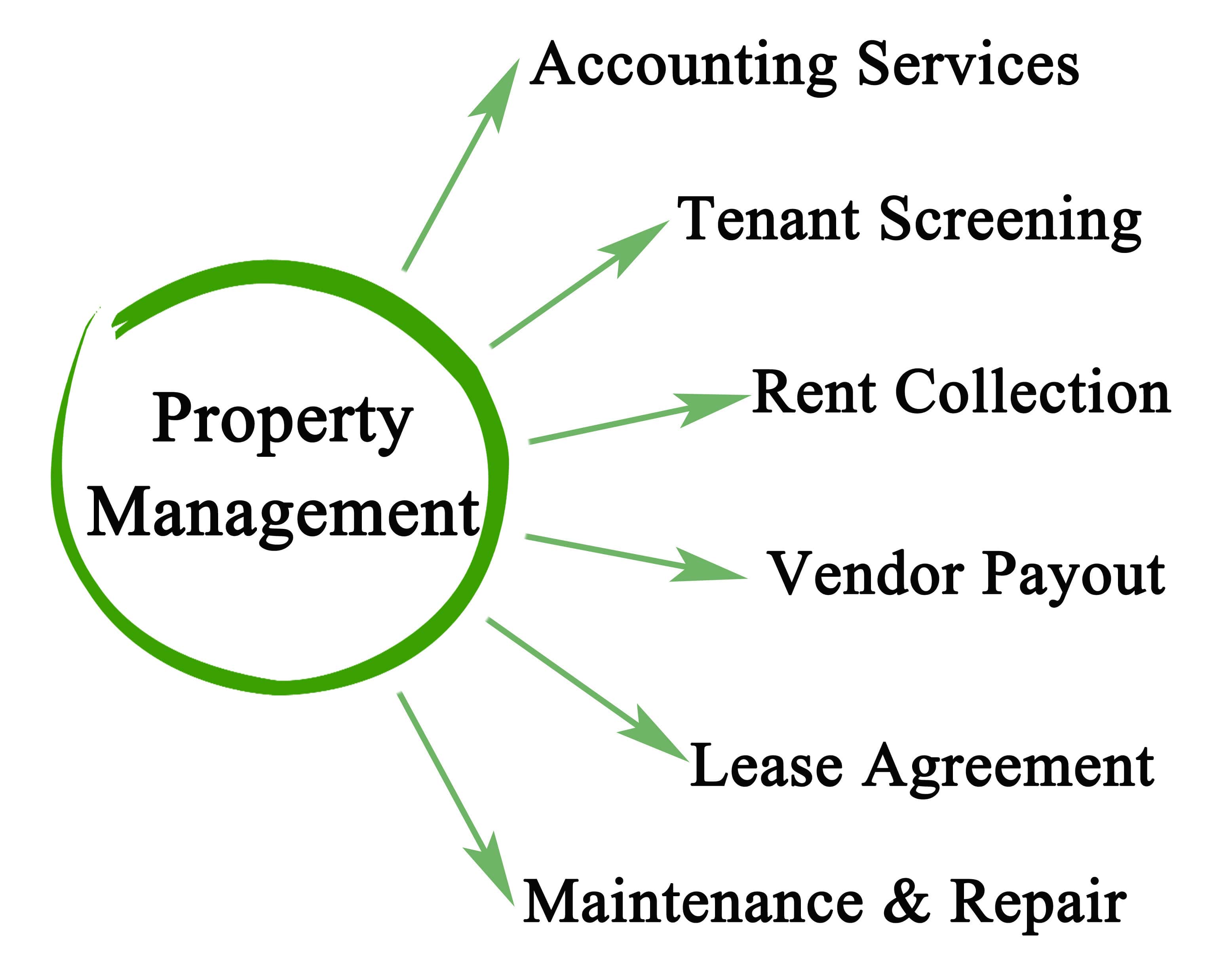The Art of Being A Landlord

Becoming a landlord can be a rewarding venture. However, it also comes with its fair share of challenges. One of the most daunting aspects is understanding the legalities involved. From housing regulations to lease agreements, the legal landscape can be complex and overwhelming.
This article aims to demystify these complexities and sharpen your property management skills. We will delve into the top issues landlords face and provide practical strategies to navigate them.
We will explore landlord responsibilities, property maintenance, rental laws, and the eviction process. We will also discuss how to handle common long term landlord issues, day to day operations, and when to seek legal advice. These practice helps tenants and property owners have a better experience.
By the end of this article, property owners, real estate investors, and agents will understand property law better. They will also receive actionable solutions to common challenges, and when its time to think about hiring a property manager.
Let's explore and break down the complexities of landlord issues in Central Florida and beyond.
Understanding Housing Regulations

Housing regulations are vital for maintaining a fair rental market. They ensure safety, habitability, and compliance with local laws.
Landlords must stay informed about these regulations. Non-compliance can lead to legal disputes and fines. Regular updates and local real estate councils can be reliable resources.
Being proactive helps landlords avoid pitfalls and provides tenants with safe living conditions. Understanding these regulations forms the foundation of effective property management.
Crafting Solid Lease Agreements

Lease agreements are the foundation of the landlord-tenant relationship, outlining terms, responsibilities, and rules. Transparency from the start helps prevent misunderstandings and legal issues.
Key Lease Elements:
- Rent amount and due date
- Security deposit terms
- Maintenance
- What is tenants responsibility?
- What is owners responsibility?
- What is tenants responsibility?
- Pet policies
- Lease duration and renewal options
A well-structured lease sets clear expectations and protects both parties. Customize agreements to fit your property’s needs—avoid generic templates.
Talking to a legal expert helps you follow landlord and tenant rights. Regular updates keep leases in line with current laws.
Landlord Responsibilities and Maintenance

As a landlord, regular maintenance ensures a safe, livable rental and prevents costly repairs. Promptly address plumbing, electrical, and structural issues, and keep common areas clean.
Communicate maintenance schedules with tenants for smooth cooperation. Use a checklist and maintain records of property damage beyond normal wear and tear to track repairs and protect against disputes.
Consistent upkeep reflects professionalism and care for your investment, and have a landlord insurance policy to protect your investment.
How Long Does a Landlord Have to Fix Plumbing Issues?
The time allowed for repairing plumbing issues often depends on local laws. Most jurisdictions require landlords to address urgent repairs promptly, typically within a few days. Delays could lead to tenant disputes or legal action.
Proactively prioritize urgent repairs such as plumbing prevents escalation. Inform tenants of the repair timeline and communicate any delays. Quick action maintains trust and ensures compliance with legal obligations.
Navigating Rental Laws and Tenant Rights

Understanding rental laws is crucial for effective property management. These laws protect both landlords and tenants, ensuring fair treatment and safe living conditions.
Staying informed through workshops or legal advice helps maintain compliance and prevent disputes.
Knowledgeable landlords foster positive tenant relationships and smoother operations.
The Eviction Process: Legal Procedures and Pitfalls

Evicting a tenant is challenging and requires strict legal compliance to avoid wrongful claims. Ensure a valid reason, such as non-payment or lease violations, and document all interactions.
File the correct notices within legal time frames, as laws vary by region. Mistakes can cause delays and complications.
Consulting a lawyer can provide clarity, helping you navigate the process smoothly while minimizing stress and financial risk.
Seeking Legal Advice: Lawyers for Informed Decisions on Landlord Tenant Issues
When disputes arise, a landlord-tenant lawyer can provide invaluable guidance, preventing costly legal mistakes.
They clarify complex laws, draft legal documents, and represent you in court if needed. Having a knowledgeable attorney reduces stress and helps protect your property and rights.
Property Management: Best Practices

Effective property management is crucial for a successful rental business. It involves not just maintaining your rental units but also fostering good relationships with tenants. Clarity and consistency in communication set a solid foundation.
During the leasing process, complete rental applications for each prospective tenant are crucially important. These applications include background checks, tenant screening reports, and landlord references. They help identify any red flags.
Regular inspections and timely maintenance help keep the property in good condition. They also minimize unexpected repairs and tenant complaints. Focusing on preventative maintenance rather than reactive fixes can save both time and money.
Streamlining operations with modern tools and working with successful property managers can significantly enhance efficiency.
Here are some best practices to consider:
- Utilize property management software for efficient record keeping of work orders and open maintenance.
- Implement an online rent payment system to reduce late payments.
- Develop a reliable network of contractors for fast repairs.
- Following these best practices helps landlords fulfill their duties and create a good living environment for tenants.
This proactive approach can lead to longer lease agreements and reduced tenant turnover.
Preventative Measures to Avoid Common Landlord Issues
Prevention is key in managing properties efficiently. Preventative measures are important for good property management. They help landlords avoid problems before they get worse.
Thorough tenant screening, including reference and income checks, ensures responsible renters. Clear communication encourages early problem reporting.
Additional proactive steps include:
- Educating tenants on proper property use.
- Conducting regular maintenance checks.
- Establishing clear lease violation policies.
A well-structured lease and documented interactions help prevent misunderstandings and protect landlords legally. Investing in these strategies fosters smoother operations and stronger landlord-tenant relationships.
Financial Management and Emergency Preparedness

Effective financial management is crucial for landlords. Keep detailed records of all transactions, especially collecting rents. This practice aids in tax preparation and legal defenses. Additionally, it provides clarity in case of disputes with tenants.
Having an emergency fund is a smart strategy. This fund covers unexpected repairs and maintenance, ensuring you can handle sudden expenses without stress.
Being prepared financially also allows landlords to address tenant issues promptly, maintaining a healthy relationship and ensuring tenant satisfaction. A proactive financial strategy empowers landlords to handle emergencies with confidence and stability.
Legal Updates and Continuing Education
Staying informed about changing rental laws is essential for landlords to avoid legal risks and ensure compliance.
Attending workshops or seminars on property management and landlord-tenant law provides valuable insights.
Ongoing education enhances management skills and keeps landlords prepared for regulatory changes.
Proactive Strategies for Landlords

Successful landlords stay proactive and informed about housing regulations to avoid legal disputes. Clear lease agreements and a strong grasp of responsibilities ensure smooth operations.
Preventative measures for single family homes like regular maintenance, thorough tenant screening, and open communication help prevent common issues.
These strategies foster positive landlord-tenant relationships and a thriving rental business.
Professional Property Management Companies Makes a Difference

Managing rental properties comes with challenges, but you don’t have to do it alone. Allegiant Management Group provides expert property management services to help landlords maximize their investments while minimizing stress.
- Ensure legal compliance with ever-changing rental laws
- Keep your property well-maintained and tenants satisfied
- Streamline rent collection, lease agreements, and tenant screening
With our professional property management solutions, you can enjoy the benefits of property ownership without the day-to-day hassles. Whether you own one rental or many, Allegiant Management Group has the skills and resources to help you succeed.
Take the next step in stress-free property management today. Contact us to learn how we can help you protect your investment and grow your rental business.
Landlord 101
Frequently Asked Questions (FAQs): Avoiding Top Landlord Issues
What are a landlord’s main responsibilities?
A landlord’s main responsibilities include maintaining a habitable property, making necessary repairs, ensuring safety compliance, and handling legal requirements like leases and security deposits. They must also respect tenant rights, provide proper notice before entry, and follow eviction laws if needed.
How can landlords prevent tenant disputes?
Landlords can prevent tenant disputes by using clear lease agreements, maintaining open communication, addressing maintenance issues promptly, and documenting all interactions. Conducting thorough tenant screenings and setting clear expectations on rent, rules, and repairs also helps reduce conflicts.
What is the legal process for evicting a tenant?
In Florida, eviction follows these steps:
- Serve Notice – Three-day notice for nonpayment, seven-day notice for lease violations.
- File Complaint – If the tenant doesn’t comply, file an eviction lawsuit.
- Court Hearing – If the tenant contests, a judge decides.
- Writ of Possession – Law enforcement removes the tenant if ordered.
How often should landlords inspect rental properties?
Landlords should inspect rental properties annually for general maintenance and every 3–6 months for specific issues like plumbing or HVAC. Move-in, move-out, and periodic inspections help ensure compliance with lease terms and property upkeep. Always provide proper notice before entry.
What financial practices help landlords manage properties effectively?
Landlords should track rental income, maintain separate accounts, budget for repairs, and enforce timely rent collection. Using property management software, setting aside emergency funds, and understanding tax deductions improve financial stability and efficiency.
What are the most common legal mistakes landlords make?
Common legal mistakes landlords make include improper tenant screening, violating fair housing laws, neglecting maintenance, illegal lease terms, mishandling security deposits, and wrongful evictions. Failing to provide proper notices or follow local rental laws can also lead to legal issues.
How can landlords stay updated on changes in rental laws?
Landlords can stay updated on rental laws by following state housing agencies, joining landlord associations, consulting real estate attorneys, and subscribing to legal newsletters. Regularly reviewing local government websites and attending property management seminars also helps ensure compliance.
When should a landlord consult a lawyer for tenant issues?
Landlords should consult a lawyer for lease drafting, eviction proceedings, tenant disputes, fair housing compliance, and security deposit issues. Legal advice is crucial when facing lawsuits, property damage claims, or complex local regulations. Proactive legal guidance helps prevent costly mistakes.
What should be included in a lease agreement?
A lease agreement should include rent amount, due date, lease term, security deposit details, maintenance responsibilities, occupancy limits, pet policies, and eviction terms. It must also outline landlord and tenant obligations, entry notice requirements, and legal disclosures per local laws.
How long does a landlord have to fix essential repairs like plumbing or heating?
Landlords must fix essential repairs, like plumbing or heating, within 24–72 hours, depending on local laws and severity. Urgent issues, such as no heat in winter or major leaks, typically require faster response times to maintain habitability standards.
How can landlords handle unpaid rent?
Landlords can handle unpaid rent by sending a formal notice, offering a payment plan, or negotiating a resolution. If unpaid, they can start eviction proceedings per local laws. Proper documentation and legal compliance are essential to avoid disputes.
Disclaimer: The information in this article is for information purposes only. You should not view it as legal, financial, or professional advice. Laws and rules change depending on where you are.
Blog Updated: 03/26/2025



